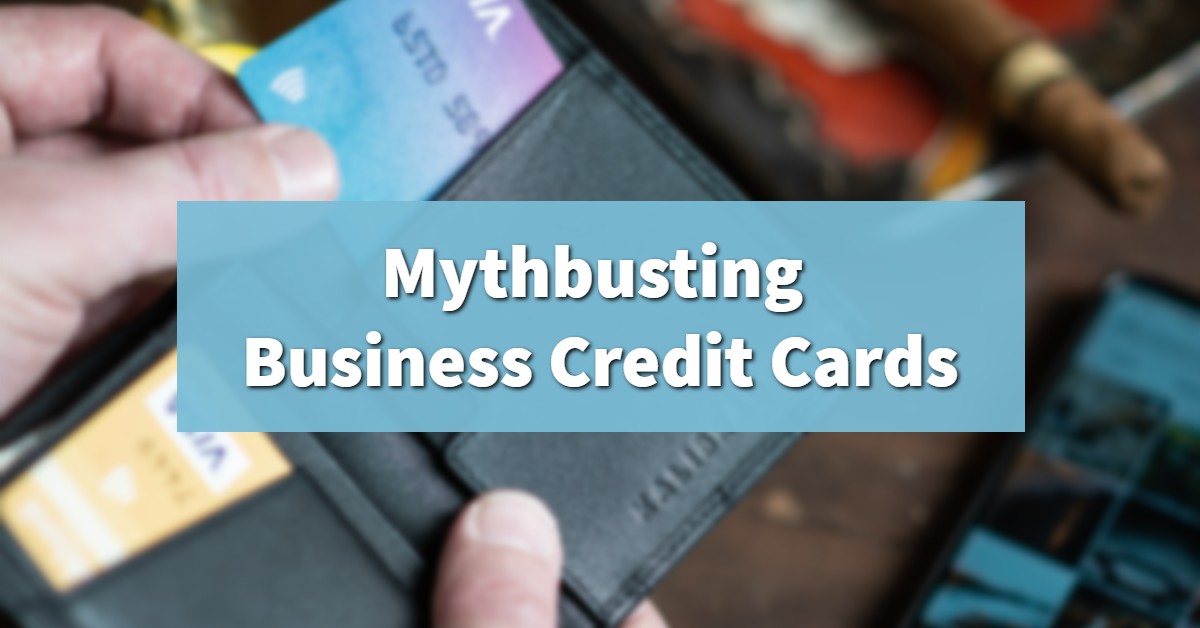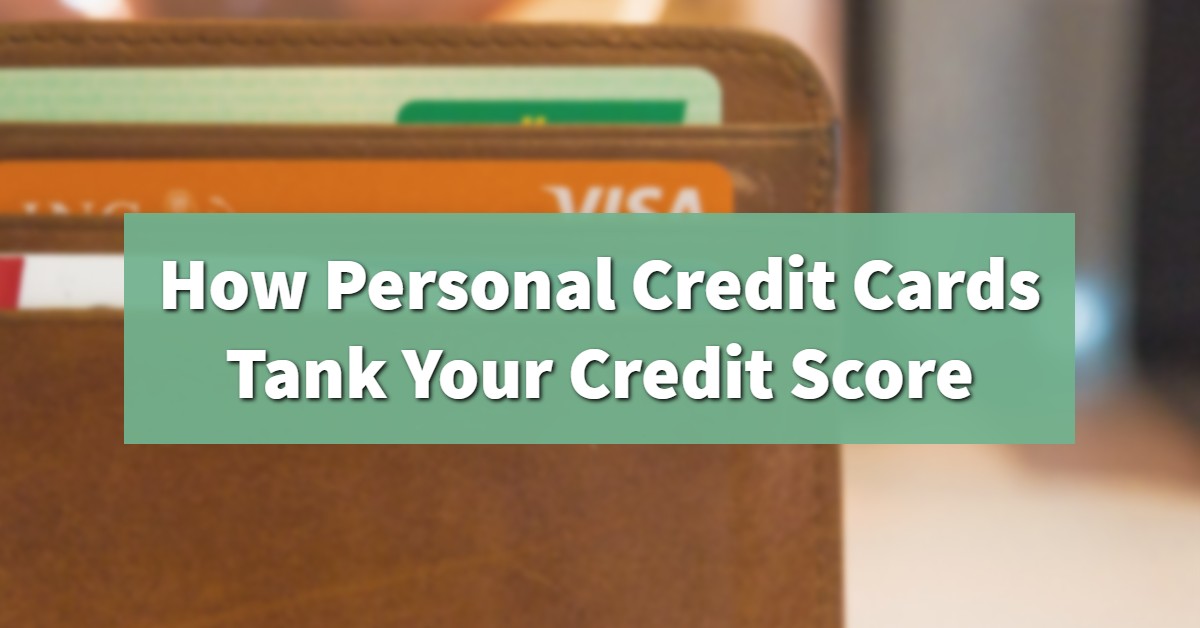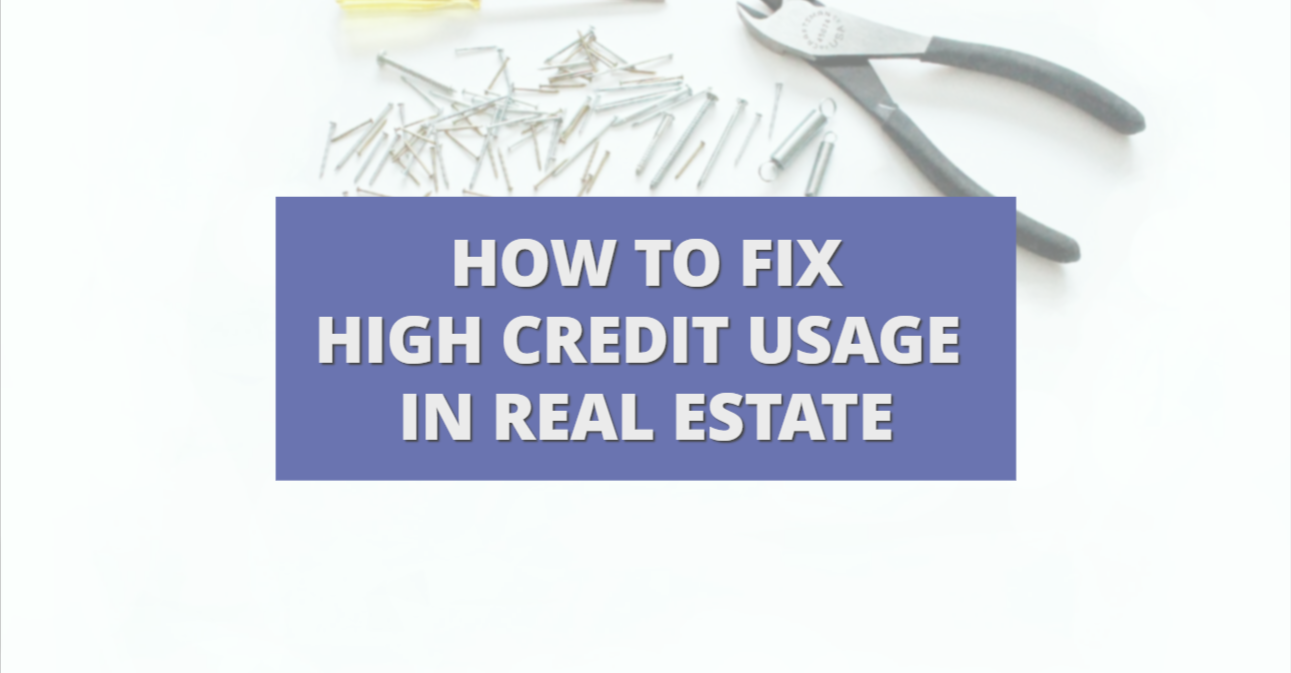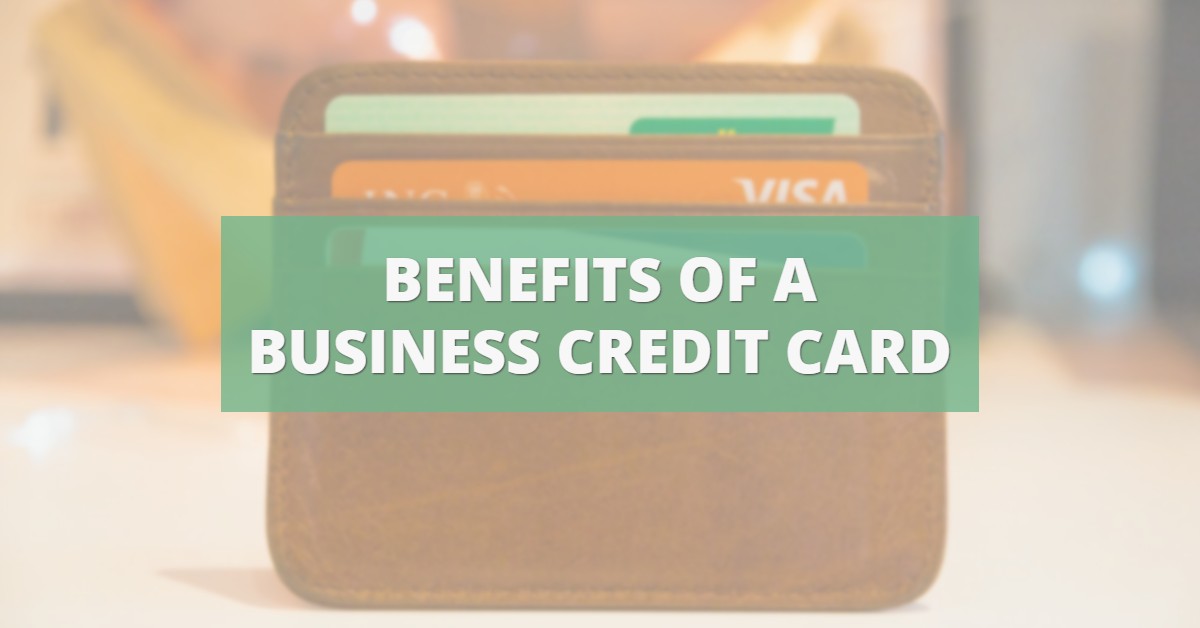How to Find a Business Credit Card
Categories: Blog Posts
Personal credit cards tanking real estate investors’ credit scores is the #1 thing slowing investors down. The solution? A business credit card.
Especially in the beginning, it’s tempting to use personal credit cards to kickstart your investing adventures. However, the high spending demands of real estate investing can drive up usage and tank your personal credit score. In order to protect your personal score, business credit cards are typically the best option.
Switching to business cards may seem daunting at first, but if you know how to prepare and what to look for, it should be smooth sailing.
Requirements for Business Credit Cards
Business credit cards are one of the best ways to make real estate investing easier and more profitable. But what do you need before you start looking for a business credit card?
1. A Business
Typically, you need to have an operating business for at least a year (though there are exceptions) before applying for a business card.
This isn’t quite as tricky as it may sound. You need a business account, website, billing information, etc. Essentially, you need proof that you are, in fact, operating an investment business.
2. A Good Personal Credit Score
Even though you’re applying for a card that won’t report on your personal credit score, approval for the business card is based on your personal credit score.
If you need to raise your personal credit score before applying for a business card, we can help you with that! Usage loans essentially transfer some of that credit card spending into a separate loan that won’t tank your credit score.
Both we and our sister company Hard Money Mike offer usage loans.
3. 1–2 Personal Credit Cards
Obviously, you will need to use your personal credit cards for your investment needs in the beginning. However, if you’ve been using those well, then banks are more likely to approve a business credit card.
All in all, if you have a business, a good credit score, and a couple of credit cards already, it’s fairly easy to start the process of switching to business cards.
Tools to Help You Find the Right Business Card
We want to make it easy for you to succeed as a real estate investor—no strings attached. The more you know and the more resources you have, the better equipped you are to find the right deals for you.
We’ve already done some of the work for you:
1. Business Credit Card Marketplace
Here at the Cashflow Company, we’ve partnered with Nav to help you find the right business card for you. By inputting a few pieces of information, we’ll let you know what cards match your needs (and won’t report on your personal credit score).
2. Credit Score Checklist
You can use our free credit checklist download to check the health of your credit score. What can you do to improve that score? Does it need some CPR? What are your options?
3. Other Real Estate Investing Tools
Explore our other tools to optimize your investment strategy. We have various calculators, questionnaires, optimizers, and analyzers to walk you through the various steps of the game.
Contact Us!
Credit scores are a very important piece of leverage. We want you to feel equipped and confident that you’re protecting that credit score in a smart way with business credit cards.
If you want to discuss your credit score, a usage loan, or business credit cards, contact us at Info@TheCashFlowCompany.com. We’re always happy to help!
Read the full article here.
Watch the full video here:










